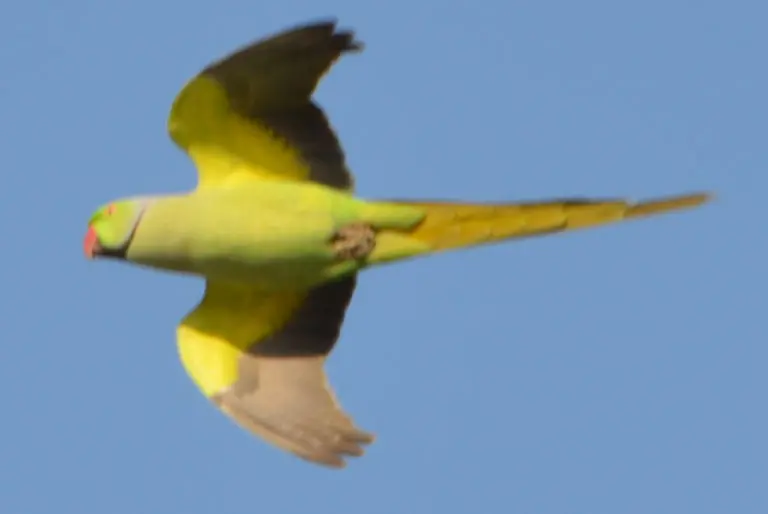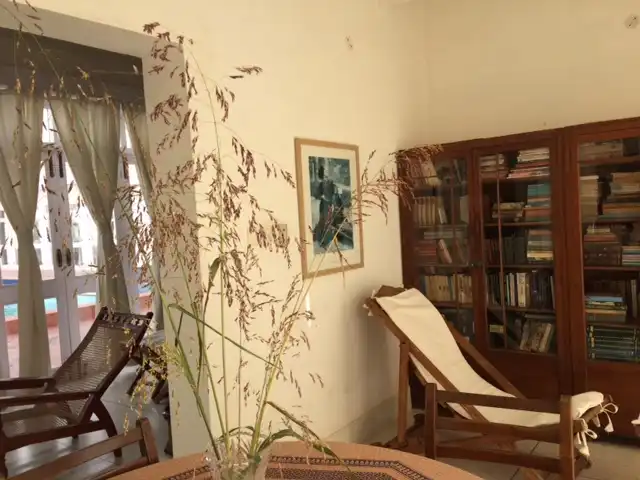Jaipur Seasonal Change: The Short Summer is Here
The Short Summer in Jaipur:
Between the closure of the monsoons and the onset of autumn, the plains of India go through a four week period of humidity and heat, that has been nicknamed the ‘short summer’. Jaipur is no exception to this. The mornings and evenings remain pleasant, but the days have gone back to being hot and bright.
That this is only a brief punctuation between the moist cool of the rainy season that is past, and the crisp nip of autumn that will be here soon, is evident from what is happening in nature. The Orange Jasmine, herald of the change of seasons, was blooming in the garden a day ago. Just for three days, every time there is a significant seasonal change, the otherwise leafy green bush throws up dense clumps of creamy fragrant blossoms that drench the air with their perfume.

The Sound of Nature:
And there is more happening around us. The daily air is rent with bird calls that start early in the morning; only, the usual mature calls are punctuated by the milder but persistent voices of baby birds climbing out of their nursery nests and trying out their wings. Under mama birds’ watchful supervision, flying lessons and flying practice are on big time; everywhere, little flocks of fledgelings are making little hops from branch to branch, constantly calling out to watchful parents for encouragement and looking up to them for help in fear management. It is enough to remind us of our own childhood when our parents seemed like the most perfect and invincible heroes in our lives! Uncannily, many of these infant bird calls sound like human baby voices, making a walk in the garden feel like one is in a huge pre-school.
Wild Grasses and Fragrances:
Walking through the Savista grounds, one also notices an abundant variety of wild grasses growing along the boundary beyond the lawns. These must have sprouted during the rains, but as the earth is now dry they are more accessible to the casual passer-by. One can sense a subtle fragrance around them that travels in the hot air and that seems to provide attractive halting opportunities for a variety of flying insects that buzz busily around them. Semi-arid Rajasthan is famous for its range of wild grasses, and as one travels deeper into the western part of the state which is semi desert, one finds that grasses, not trees, are the dominant forms of plant life.
Here is a picture of the wild Baru grass with its delicate pink flowers. It makes for a pretty accompaniment to the books in the library!


